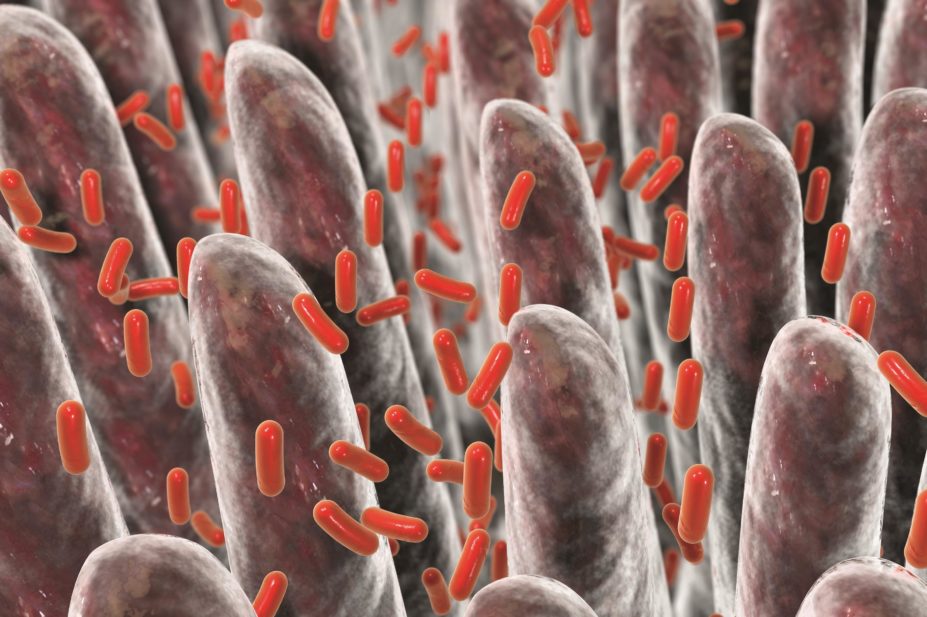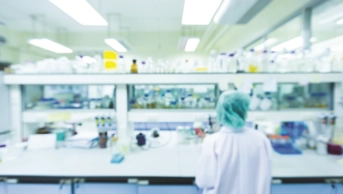
Shutterstock.com
Broad-spectrum antibiotics are known to decimate the gut microbiome leading to negative health consequences.
Researchers from St Jude Children’s Research Hospital in Memphis, Tennessee, explored the effect of a staphylococci-selective antimicrobial called Debio 1452 on the microbiome of mice and compared it with other antibiotics, using untreated mice as a control.
After ten days of oral treatment with four broad-spectrum antibiotics, microbial composition was severely altered and bacterial abundance reduced. By contrast, diversity and abundance remained largely stable with Debio 1452 treatment. Furthermore, the gut microbiome of these mice was indistinguishable from control mice within two days of stopping treatment.
Reporting in Antimicrobial Agents and Chemotherapy (online, 9 May 2016)[1]
, the researchers say the findings show the promise of pathogen-selective antibiotics for minimising the impact of treatment on the gut microbiome.
References
[1] Yao J, Carter RA, Vuagniaux G et al. A pathogen-selective antibiotic minimizes disturbance to the microbiome. Antimicrobial Agents and Chemotherapy 2016. doi: 10.1128/AAC.00535-16


